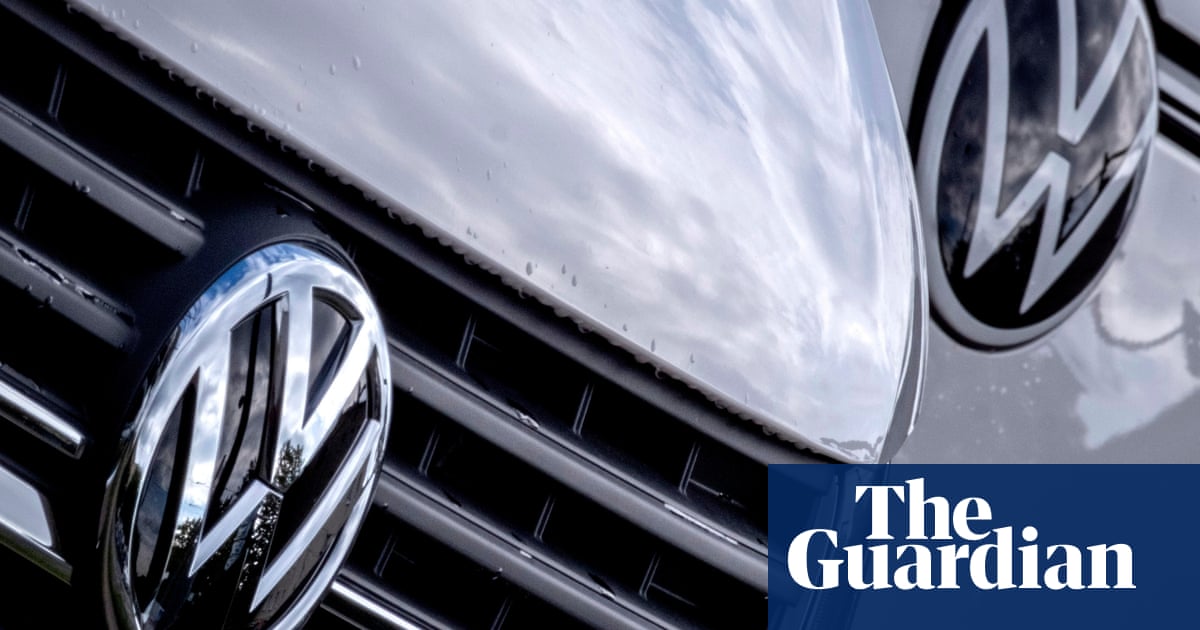A German court has convicted four former Volkswagen managers of fraud and given two of them prison sentences for their part in the “dieselgate” emissions test-cheating scandal that eruptedalmost a decade ago.
The former head of development Heinz-Jakob Neusser received a suspended jail term of one year and three months from the court in the city of Braunschweig, according to the news agency Bloomberg.
A former head of drive electronics, named only as Hanno J, was given a sentence of two years and seven months, German media reported.
The heaviest sentence, of four years and six months, was given to the former head of diesel motor development Jens H, while the fourth defendant was given a suspended sentence of one year and 10 months. The defendants can appeal against the rulings.
The scandal began in September 2015 when the US Environmental Protection Agency issued a notice of violation saying Volkswagen had rigged engine control software that enabled diesel cars to pass emissions tests while emitting far more pollution in actual driving.
The company has paid more than $33bn (£24bn) in fines and compensation to vehicle owners. Two VW managersreceived prison sentences in the US. The former head of the company’s Audi division Rupert Stadler was given a suspended sentence of 21 months and a fine of €1.1m (£920,000); his sentence is still subject to appeal.
Sign up toBusiness Today
Get set for the working day – we'll point you to all the business news and analysis you need every morning
after newsletter promotion
The four found guilty on Monday, who have been on trial since 2021, were initially to have their cases heard alongside that of the former VW CEO Martin Winterkorn.Proceedings against himhave been suspended because of his health issues, and it is not clear when he might go on trial. Winterkorn has denied wrongdoing.
Further proceedings are open against 31 other suspects inGermany.
Volkswagen said in a statement that the “proceedings in the court in Braunschweig are against individuals” and had “no significant consequences for the cases before the civil courts that Volkswagen is involved in” related to the scandal.
Agence France-Presse and Associated Press contributed to this report
